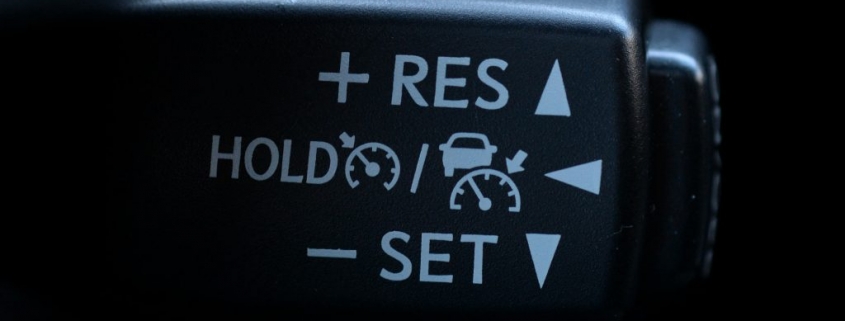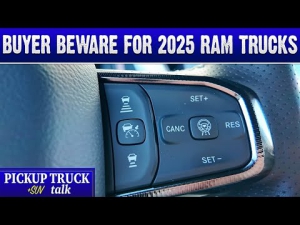Is Cruise Control Bad for Your Engine?
Cruise control allows a car to travel at set speeds with minimal input from the driver. Adaptive cruise control can even use lasers to adjust a car’s speed based on surrounding vehicles. However, you might’ve heard rumors that using this driving feature results in more maintenance for your car.
Many cruise control systems share the same sensor inputs as the car’s transmission. This leads some people to believe using the features too much Here’s the truth.
Does cruise control save gas?
MotorTrend cites a study that found your car could use 20 percent less fuel by engaging cruise control. Other studies have shown that using cruise control reduces your vehicle’s fuel consumption by only single-digit percentages. It saves the most gas on level ground and long stretches of downhill or uphill roads.
According to the Department of Energy, your gas mileage drops quickly once your car reaches over 50 mph. This is because braking and accelerating too quickly while driving wastes a lot of fuel in the long run. Some people also develop a lead foot when caught in heavy traffic. Such conditions can lead drivers to feel claustrophobic and irritated, causing aggressive driving.
On the other hand, obeying the speed limit can improve fuel economy by up to 30 percent on the highway. Cruise control can help drivers stay at the right speed limit without having to worry about frequent adjustments. It could even get drivers out of costly speeding tickets due to inattentiveness of changing speed limits on long trips.
Is cruise control really that bad for your engine?
MotorTrend counters that cruise control is actually beneficial for your car because it cuts back on manual acceleration. In addition to straining the driver on extended trips, manual acceleration can also wear down the engine over time. Sudden acceleration from a dead stop can make the engine and transmission work harder than usual.
However, MotorTrend cautions that you should never use cruise control in heavy rain or snowy weather. Cruise control systems can’t adjust themselves for slippery road conditions, so you may need to brake if your wheels slip. This could cause you to either understeer or oversteer and potentially get into an accident.
Essential safety tips when using this driving feature
Cruise control is beneficial for your car, but it’s important to remember that it’s not a hands-free driving feature. Taylor Auto Glass warns that relying too heavily on cruise control can lead to distracted driving. Your eyes should always be on the road, not on your phone or the stereo, while you’re using this feature.
If you get too comfortable with an automated system, you run the risk of reducing your reaction times to dangerous situations. This could lead to a collision in a situation where the system is turned off. This feature doesn’t completely protect you from accidents even while enabled, so always remain alert.
Also, always be mindful of the weather. If dark clouds are rolling in, take complete control of the vehicle in anticipation of rainfall. This feature also can cause your car to be less efficient if activated over rolling hills.
It’s also best to turn off the feature in work zones or other congested areas. These areas are prone to accidents, and automated devices can’t always make lightning-fast adjustments. Even with adaptive systmes, you can’t always be certain how other drivers will behave on the road.
RELATED: Is Adaptive Cruise Control Worth It? Absolutely
The post Is Cruise Control Bad for Your Engine? appeared first on MotorBiscuit.







